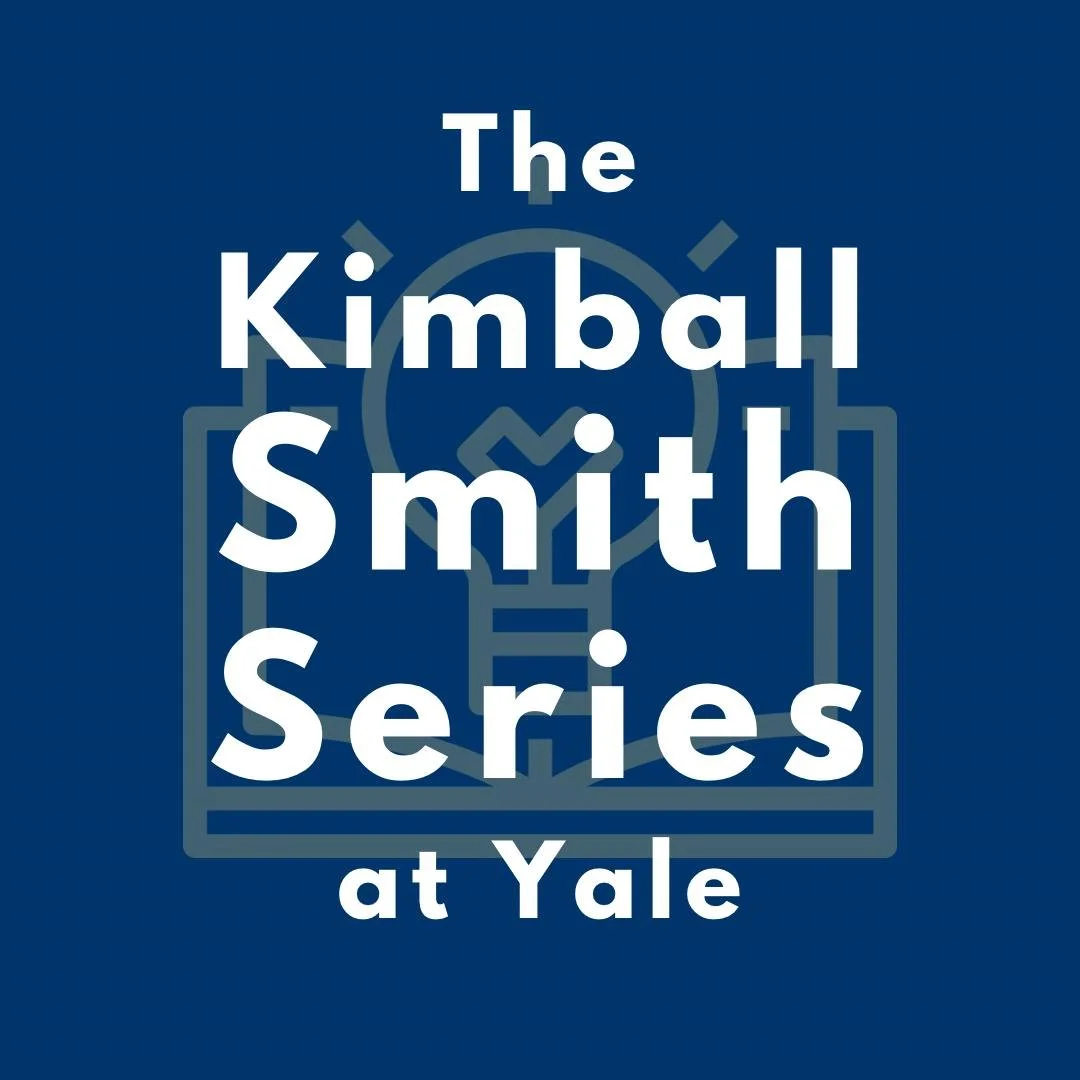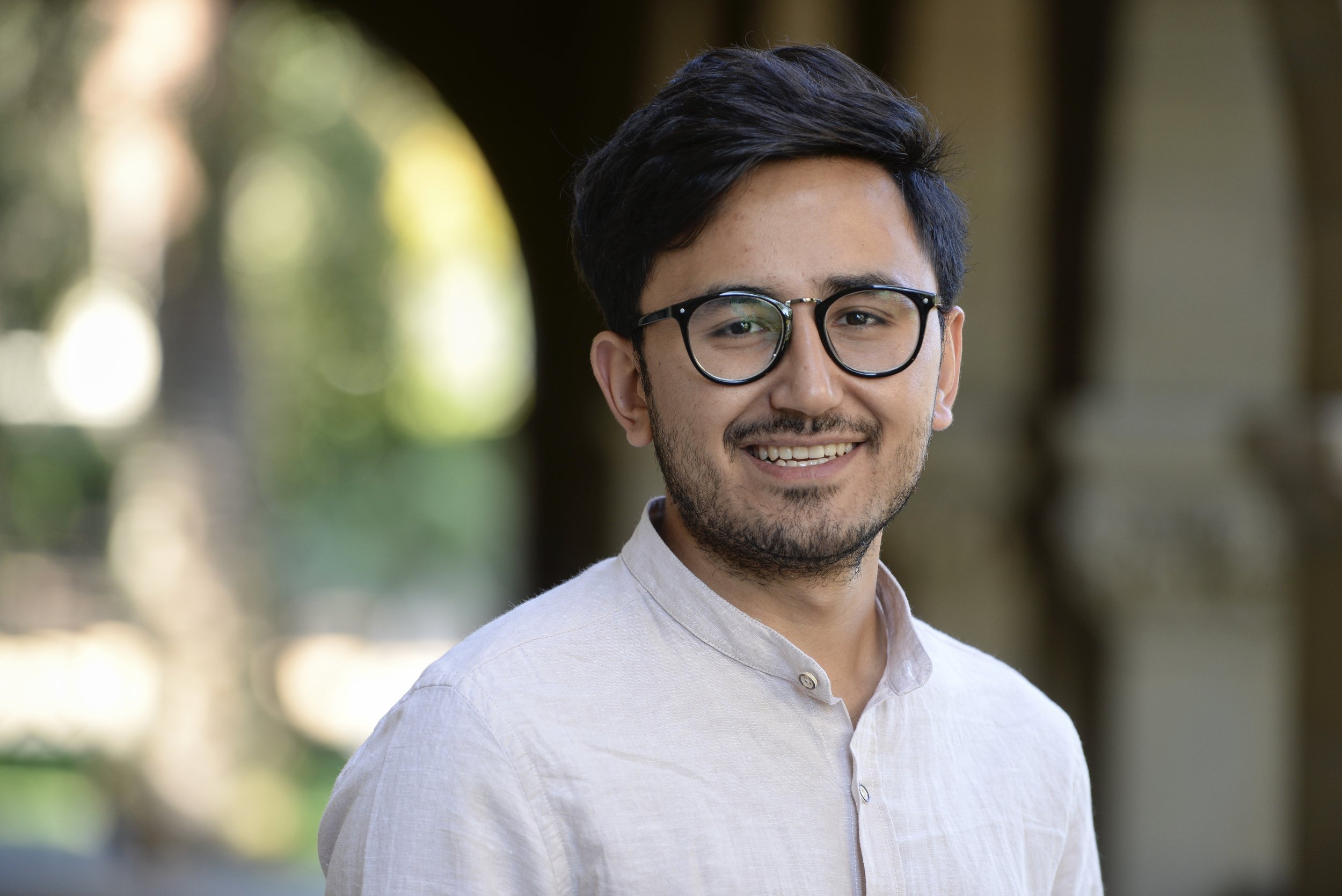Alexander (Sasha) Abashkin is a Russian educator who for more than 30 years has worked in the interests of developing US-Russia relations.
In 1993 he joined Stanford University and co-founded the Moscow campus of Bing Overseas Studies. He served as the Program's Deputy Director (1993-2004) and then as Program Director (2005-2014). Stanford program in Moscow was one of 11 other programs around the world where Bing Overseas Studies delivers education to Stanford-only students interested in studying abroad.
At some point, Alexander was also invited to head the Center for International Projects of the Russian Academy of National Economy, where his mission was to develop cooperation with foreign universities and organizations. He has formed partnerships with Harvard’s Davis Center, State University of New York, Georgia Tech, University of Southern California, University of Pennsylvania, Brigham Young University, and several other universities. Thanks to his acquaintance with Sherman, Russian students became regular participants in the EPIIC Symposia.
He co-founded and served as Executive Director for the Academy’s “Preparing Global Leaders Summit” (PGLS), a premiere international educational program for best young professionals. The program sought to provide aspiring global scholar-leaders with the tools that are necessary for effective leadership in an increasingly complex world. In the last three years the program of its existence it was attended by young leaders from about 80 countries.
Alexander founded and supervised RANEPA’s English-language Masters’ program, the first Master’s program in Russia for local and international students studying management which is taught fully in English. He promoted the program internationally to help attract students and faculty from more than 20 countries, including US, Canada, France, India, Macedonia, Bulgaria, FSU countries.
Thanks to Alexander's efforts, hundreds of Americans had the opportunity to learn Russian, to get to know Russia, its culture, and people. Many of them have now become respected professionals and work in important positions, including in the US Presidential Administration. In today's Russia, such an achievement became a black mark, which prompted Alexander to leave Russia. Now he hopes to find a position that will allow him to aid scientists from Ukraine, as well as those ones from Russia and Belarus, who oppose the war with Ukraine and are therefore persecuted by the Russian authorities.
In my experience with Sasha, he was a consummate professional, brilliantly alive, and sensitive to cultural and educational nuances, and courageous and ethical in his thinking. I had the pleasure of working with him in my Institute’s TILIP program, when wonderful Russian students attended multiple international programs of the Institute, particularly EPIIC.
I was invited and hosted by Sasha to give graduate-level lectures at RANEPA on global challenges. I particularly remember one lecture when, based on Steven Coll’s book on global energy, Private Empire: Exxon Mobil and American Power, I challenged Russian students to think about the implications of their energy policies in Europe and particularly in the Arctic, both sadly now contested areas of hot and potential conflict.
In what might have been one of the most embarrassing moments of my tenure as the Director of the Institute, where for years I was preparing and advising students on their international, immersive educational experiences, occurred when I and my wife traveled to Moscow on what we thought were valid visas. One day, I had received an incredibly formal-looking, embossed document by certified mail from the Russian Presidential Academy of National Economy and Public Administration (RANEPA) including a wax chop seal securing the envelope. The letter was printed on parchment vellum and entirely in Russian, a language I could not read. It was followed up by an email from the Presidential Academy the very next day, asking whether I had received my visa. Idiotically, given the timing, I believed that what I had indeed received was my visa, expressly delivered. I did not translate the letter, which had both my and Iris’s formal names in elaborate script, and I immediately emailed back to who I thought was my official Russian contact that I had.
It was an all-expense-paid trip, and they sent first-class tickets, but it was not a direct flight, with a required stop-over in Amsterdam. We enjoyed the city, and arrived early at Schiphol Airport, where we were the source of some consternation at the Aeroflot gate when I presented our documents. Officials agitatedly conferred, all in Russian, and after considerable delay, they apologized and ushered us onto the plane.
Upon arriving at approximately two in the morning, we were immediately stopped at customs and ushered into a pale green, windowless room, interrogated separately, and informed that we had entered illegally and that we would be unceremoniously deported back to Europe on the next flight, which was perhaps four hours later. What I had assumed was my visa was simply an invitation to travel to Washington to the Russian Embassy to get the formal visa.
I felt remarkably embarrassed, humiliated, and stupid, and I could only imagine the humiliation of disappointing Sasha, who had made elaborate plans to host us, as well as the humiliation I would face returning to Tufts, where I departed as an official envoy between two universities. Luckily, a Russian employee of KLM took pity on the two of us and got a message out to Sasha in the middle of the night. Sasha worked his magic. He had contacts at the highest levels of the Russian government and after several hours of pure dismay, we were suddenly ushered into Sheremetyevo International Airport, where Edward Snowden would spend a lot of time in limbo. Upon my return to Tufts, I made sure to tell this embarrassing story, which turned out well, to all of my students, who were travelling all over the world. They got a great laugh out of it, but seriously understood the necessity to more rigorously prepare than I had.
My last time at the airport was decades earlier in the 1970s, when I remember bribing Russian custom officials with Penthouse pornographic magazines to not search our luggage, filled with human rights literature and personal letters to Jewish Russian refuseniks seeking to leave Russia for Israel, and Russian democrats seeking a democratic future in Russia. I was a courier for Amnesty International and the Union of International Concerned Jewry. Quite a different experience. I had made several trips, including one with then-not-notorious Alan Dershowitz, when we each had parts of a small camera we assembled to bring documents back from Russian Laureate Andrei Sakharov.
One note here: The graduate student escort that drove Iris and I around Moscow on a sightseeing tour turned out to be remarkably interesting, especially when he insisted that Jews were responsible for the 9/11 bombing of the World Trade Center. His “evidence” was that all Jews were alerted by the Israeli Mossad to evacuate the buildings before the planes struck. As I reflect on this, I think about the persistent anti-Semitism in Russia, the news blackout over the war in Ukraine, and the perverse irony of Putin arguing his “military exercise” was to de-Nazify Ukraine, and how Russian propaganda asserts that Zolensky — a Jew — has a Nazi-like brain.
































